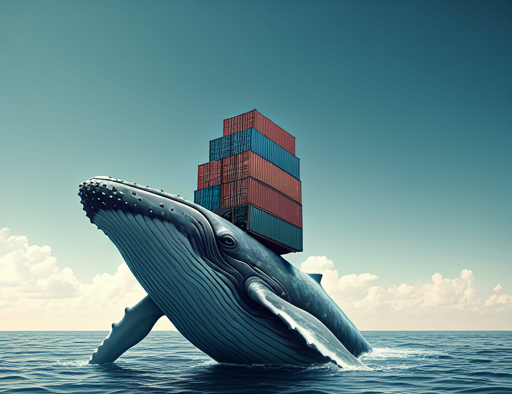Mastering Docker: A Complete Guide to Setup, Automation, and Management!
 Anirban Banerjee
Anirban Banerjee
I'm excited to share my latest deep dive into Docker, including the steps to install Docker, a script to automate Docker management, the differences between systemctl and service commands, and tips for log analysis using journalctl. Whether you're new to Docker or just looking to optimize your workflow, I hope these insights help!
📑 Table of Contents:
🔹 Docker Installation Steps
Getting Docker installed and ready is the first step! Here’s a quick rundown on how to do it:
For Ubuntu:
sudo apt update
sudo apt install -y docker.io
sudo systemctl start docker
sudo systemctl enable docker
For CentOS:
sudo yum update -y
sudo yum install -y docker
sudo systemctl start docker
sudo systemctl enable docker
🔹 Automating Docker Start/Stop
I created a simple Bash script to automate starting and stopping Docker, so managing your containers is as easy as running a single command. Check it out below!
#!/bin/bash
if [ "$1" == "start" ]; then
echo "Starting Docker..."
sudo systemctl start docker
elif [ "$1" == "stop" ]; then
echo "Stopping Docker..."
sudo systemctl stop docker
else
echo "Usage: $0 {start|stop}"
fi
Run this script with ./docker_control.sh start or ./docker_control.sh stop to manage Docker effortlessly!
🔹 Differences Between systemctl and service
Ever wondered about the differences between systemctl and service commands?
systemctl: This command is used for managing services under
systemd, the init system for modern Linux distributions. It provides more features, like viewing service status, logs, and dependencies.service: This command is part of the older
SysVinit system. It still works withsystemdbut provides fewer options.
Example usage:
# Using systemctl
sudo systemctl start docker
sudo systemctl status docker
# Using service
sudo service docker start
sudo service docker status
🔹 Using journalctl to Analyze Docker Logs
For troubleshooting or understanding what’s happening with Docker, journalctl is a fantastic tool!
To view Docker-specific logs:
sudo journalctl -u docker
Additional options:
Real-time logs:
sudo journalctl -u docker -fFilter by time:
sudo journalctl -u docker --since "1 hour ago"Error-level logs:
sudo journalctl -u docker -p err
This approach helps you quickly identify issues and keep your Docker environment running smoothly!
Subscribe to my newsletter
Read articles from Anirban Banerjee directly inside your inbox. Subscribe to the newsletter, and don't miss out.
Written by
